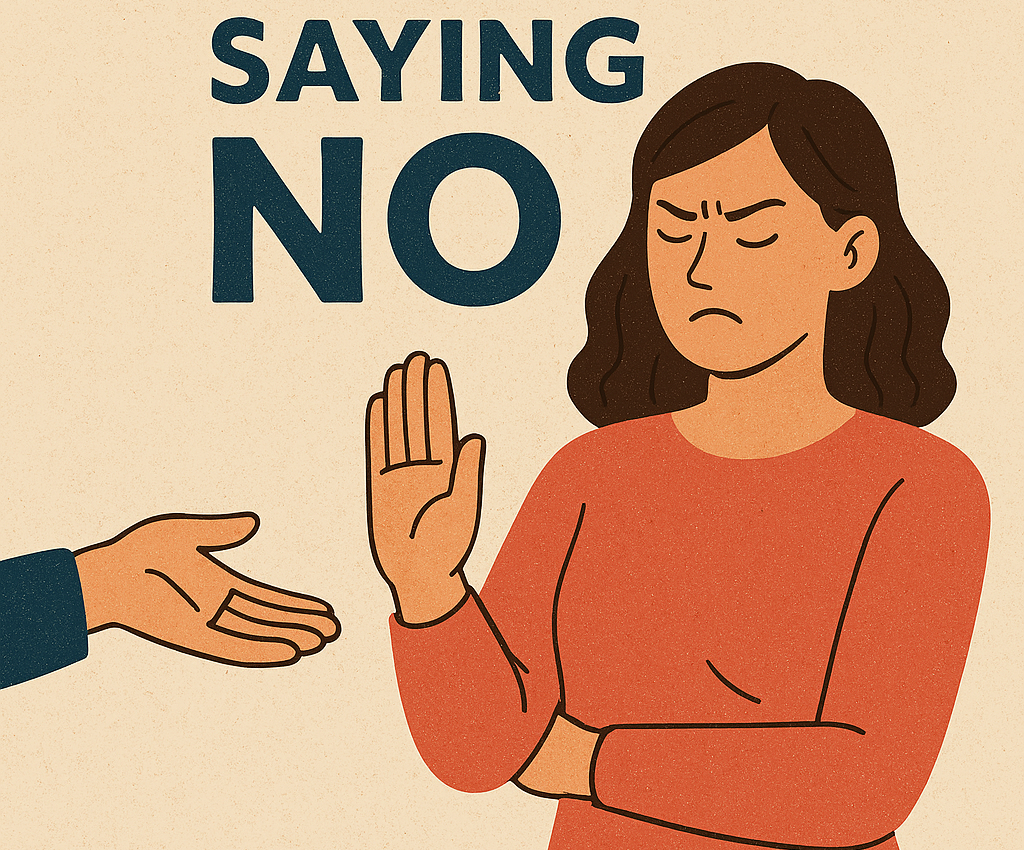
We talked about saying no yesterday, but some circumstances might not allow it completely. Best example: being a student.
College is wild. The moment you step on campus, it feels like everyone has something for you to do. Join this club. Sign up for this event. Volunteer here. Apply for this internship. It’s like an endless menu of opportunities, and saying yes to all of them feels like the “smart” move. After all, more activities is more experience, right? But here’s the catch: if you say yes to everything, you’ll eventually run out of energy, time, and maybe even sanity.
For students, saying no is tough because every opportunity feels like it could be “the one” that changes everything. But in reality, overcommitting just spreads you thin. Your grades suffer, your mental health takes a hit, and instead of actually enjoying college, you’re racing from one half-finished commitment to the next. The truth? Success isn’t about saying yes to everything—it’s about choosing carefully.
This is where selective commitment comes in. Not every shiny opportunity deserves your yes. Before you commit, ask yourself: Does this move me closer to my goals? Or is it just another stress magnet? Remember, saying yes usually means saying no to something else—like free time, actual rest, or that Netflix binge you’ve been saving for weeks. Choosing fewer, more meaningful commitments lets you dive deep and actually stand out.
And here’s the hack: saying no doesn’t have to be harsh or final. Try the flexible no: “I can’t join this semester, but I’d love to be involved next time.” That way, you’re showing interest without burning yourself out. Over time, balancing your yes’s and no’s will teach you something way more valuable than another résumé line—it’ll teach you how to manage your energy, your time, and your future.
RELATED POSTS
View all


